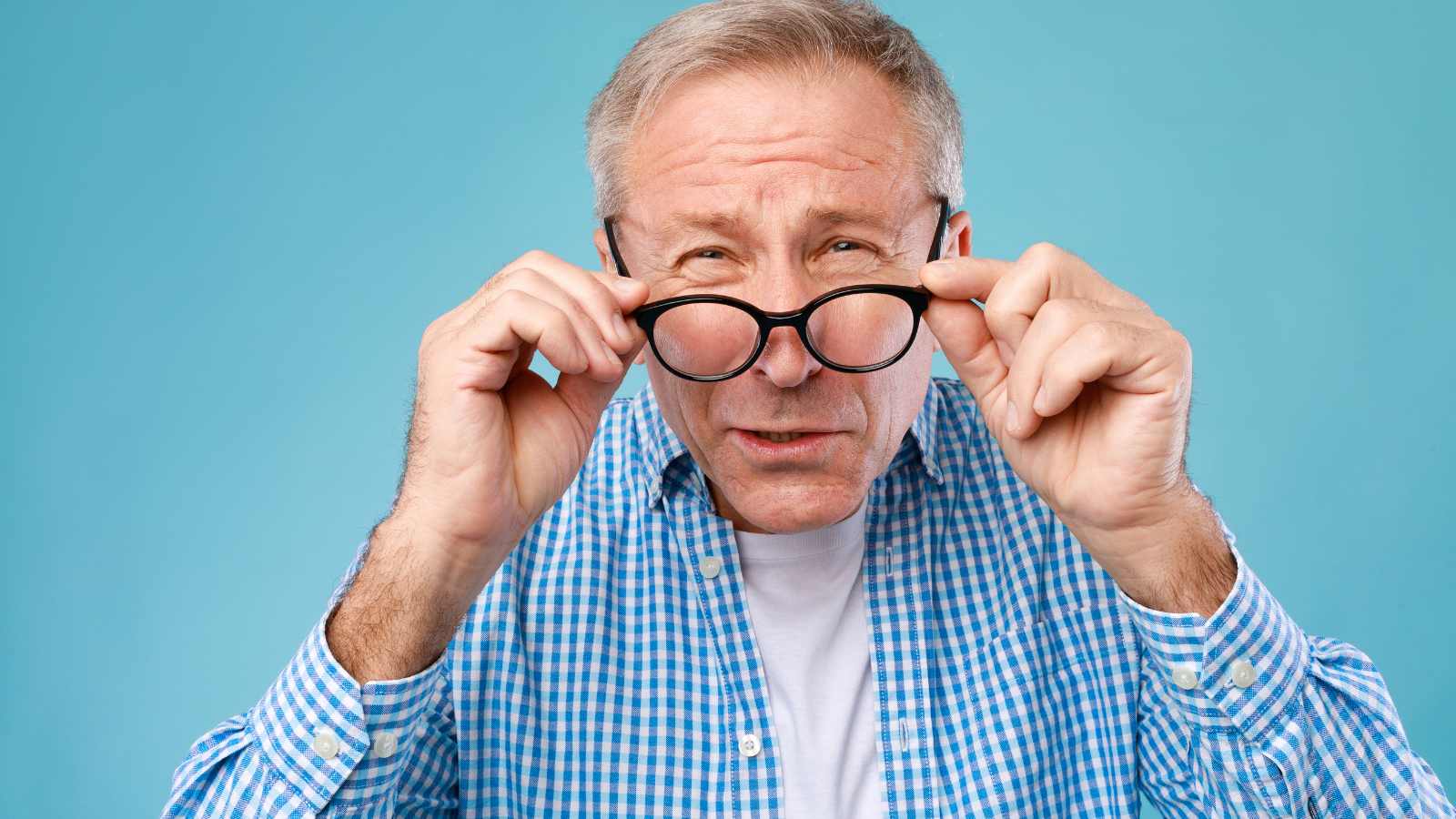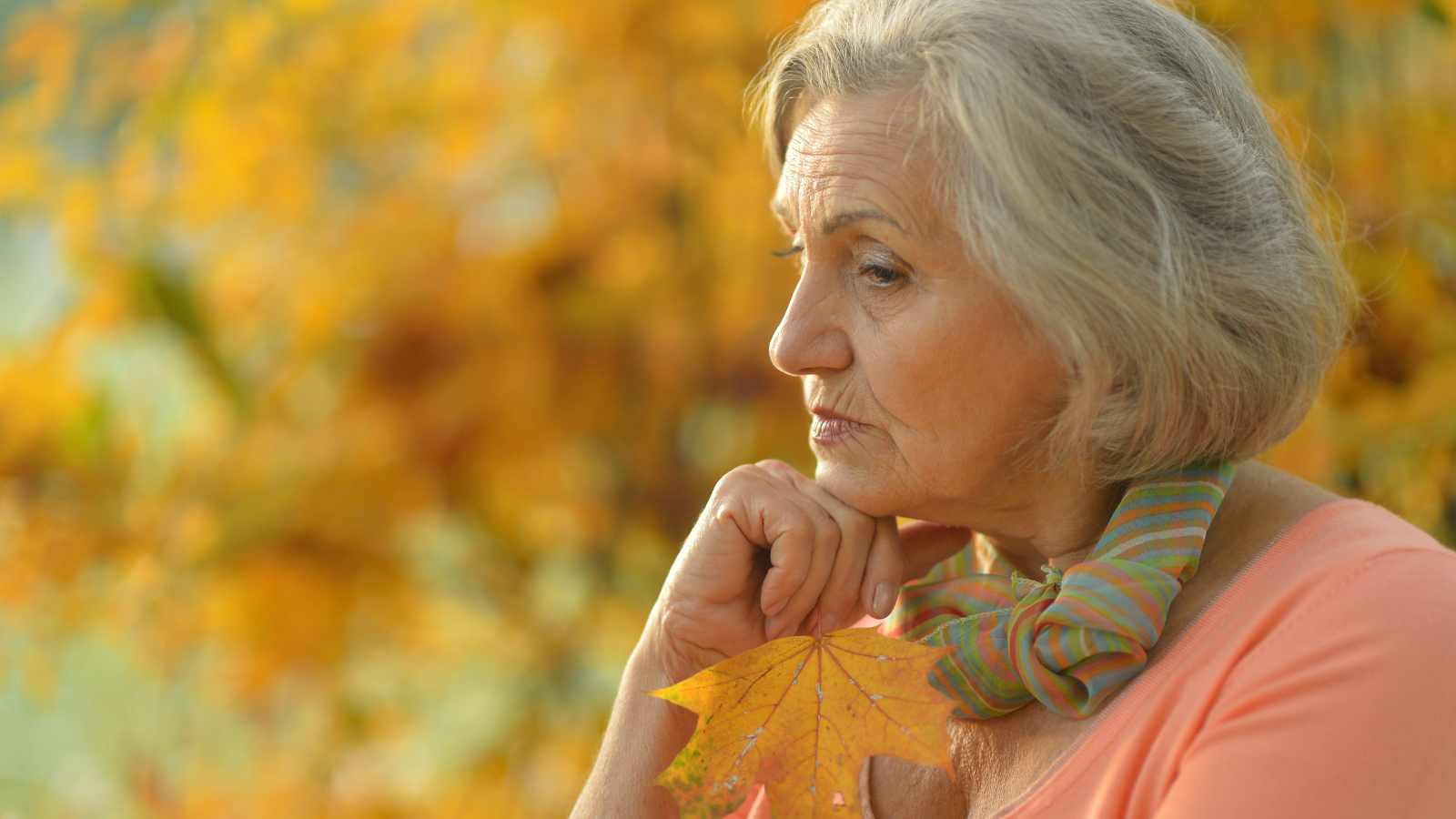As you age, your body and mind change in ways that can affect your health and well-being. If you don’t take good care of yourself and recognize the signs of age-related health issues, you may be more likely to experience serious illnesses or injuries. We’ve compiled a list of the 15 most common health concerns for seniors and how to prevent or manage them.
Heart Disease

Heart disease is a broad term referring to several conditions that affect the heart and blood vessels. It is the leading cause of death in the United States, with more than 600,000 deaths yearly. Elderly people are especially prone to this condition due to alterations in blood pressure and cholesterol levels and a higher risk for stroke.
Cancer

Cancer is a menacing illness caused by the abnormal growth and division of cells. It can manifest in any part of the body, making it especially threatening to seniors, who are more likely to succumb to this disease than younger individuals. Breast, prostate, and lung cancer are some of the most commonly occurring types of cancer for those over 65.
Diabetes

Diabetes is a chronic metabolic disorder that affects the way your body processes glucose, or blood sugar. It can be caused by too little insulin production or the inability of the body to use efficiently use insulin. Older people are at an increased risk for Type 2 diabetes due to changes in metabolism, lifestyle, diet, and genetics.
Stroke

When a person experiences a disruption in the blood supply to their brain, leading to tissue death and neurological damage, it is referred to as a stroke. Stroke is more common in older adults, especially those with high blood pressure, diabetes, or other underlying medical conditions. Stroke is one of the leading causes of disability and depression among seniors.
Arthritis

Arthritis is a term used to describe over 100 different joint disorders. It commonly causes pain and stiffness in the joints, especially those of the hands and knees. Older adults are more likely than younger adults to be diagnosed with arthritis because of wear and tear on the body from age-related changes and years of physical activity. Treatment may include physical therapy, lifestyle changes, and medication.
Dementia

An umbrella term for a group of neurological disorders that are characterized by impairment of memory, language and other cognitive functions is Dementia. It is a cerebral disorder that affects people’s ability to think, reason and remember. Dementia is widespread among the elderly, with nearly one-third of all individuals aged 85 or older diagnosed with this condition.
Osteoporosis

Osteoporosis is a degenerative disorder of bones that results in fragility and an increased risk of fracture. It is a common condition that affects older adults, primarily women, and can cause bone pain, stooped posture and loss of height over time. Treatment for osteoporosis may include lifestyle changes such as increasing physical activity and eating a balanced, calcium-rich diet.
Medications such as bisphosphonates and hormone replacement therapy can also be used to slow the progression of osteoporosis. Additionally, supplemental forms of vitamin D may be prescribed to improve calcium absorption. While there is no cure for this condition, early detection and treatment can help reduce the risk of
Falls

Aging can diminish balance and coordination, amplifying the possibility of falls. Falls can cause serious injury to seniors, leading to hospitalization or even death in extreme cases. Regular exercise and activities help improve balance reduce the chances of them falling.
Urinary Incontinence

Urinary incontinence is a common issue in older adults and can cause embarrassment or lead to social isolation. Many causes of urinary incontinence are treatable with lifestyle changes such as limiting fluids at night, avoiding caffeine and spicy foods, or using pelvic floor exercises. In more severe cases, medications may be prescribed to reduce the symptoms of urinary incontinence.
Vision Loss

Vision loss is another common problem among older adults. It can lead to difficulty with activities like driving or reading and even falls if left untreated. Early detection is key to preventing vision loss, so seniors should have regular eye exams by an optometrist or ophthalmologist as recommended by their doctor. If vision loss is detected, there are treatments including corrective lenses, eye surgery, or low-vision aids.
Depression

Depression is a common but serious mental illness and can be especially difficult for seniors. Symptoms may include feelings of sadness, loss of interest in activities once enjoyed, irritability, or changes in appetite or weight. If left untreated, depression can interfere with daily life and even lead to thoughts of suicide. Fortunately, there are treatments including psychotherapy, antidepressants, and exercise.
Hearing Loss

Although a natural part of aging, hearing loss can be caused by exposure to loud noises. It results in difficulty understanding conversations and sounds or even complete deafness in advanced cases. If left untreated, hearing loss can lead to isolation and depression, and cognitive decline due to the inability to interact effectively with the environment.
Reversing the damage of hearing loss is impossible. Still, assistive devices such as hearing aids and cochlear implants can help to improve hearing and quality of life. Other treatments such as speech therapy, sound therapy, lip reading training, and auditory rehabilitation may be necessary depending on the severity of the loss.
Alzheimer’s Disease

Alzheimer’s is a progressive neurological disorder affecting memory and other cognitive functions. It is widespread among seniors and usually develops slowly, with symptoms worsening as the condition progresses.
This devastating illness has no cure, but medications sometimes slow down symptoms’ progression. Early diagnosis and intervention can help seniors manage the symptoms of Alzheimer’s disease to maintain as much physical and mental functioning as possible.
Parkinson’s Disease

This disease affects movement and is incurable. It is caused by the deterioration of nerve cells in a certain part of the brain, which leads to tremors, rigidity, slower movements, and difficulty maintaining balance. Physical therapy and medications help manage most of the symptoms associated with Parkinson’s disease, enabling seniors to continue living independently.
Chronic Obstructive Pulmonary Disease (COPD)

Seniors who smoke or are exposed long-term to air pollutants often suffer from chronic obstructive pulmonary disease. It leads to fatigue, coughing, shortness of breath, and decreased quality of life. Although there is no cure for COPD, medications, breathing exercises, and lifestyle changes such as quitting smoking can help manage the disorder and improve quality of life.
More From Health Makes You
14 Bad Habits That Could Make You Deaf

Hearing loss is a serious condition that can significantly impact one’s quality of life. Unfortunately, many people are unaware of the common bad habits which can lead to hearing loss. Here are 14 bad habits that could make you deaf if left unchecked.
14 Bad Habits That Could Make You Deaf
10 “Good” Habits That Are Actually Bad for You

Some healthy activities may seem like good ideas, but they are actually bad for your health. It sounds counterintuitive, but these habits can put your body at risk. Here are ten good habits that can have negative consequences if practiced too often or intensely.
10 “Good” Habits That Are Actually Bad for You
Want to Live a Long Life? DON’T DO These 20 Things

Do you want to live a long and healthy life? Then you should avoid doing certain things. Research shows that some habits, behaviors, and activities can harm your health. Here are the top 20 worst things you can do for your health.
Want to Live a Long Life? DON’T DO These 20 Things
The 30 Worst Foods to Eat After Age 30

Eating healthily is vital at all times, but after 30, consuming certain foods can harm more than help. By avoiding these food items when you reach your thirties, you can promote lasting health and happiness for years.
The 30 Worst Foods to Eat After Age 30
20 Bad Habits That Could Make You Blind

Staring at a screen (phone, laptop) has become a common habit that seems harmless, but over time it can cause severe damage to your eyes. That’s just one of the habits that can damage your eyesight. Here’s more:
20 Bad Habits That Could Make You Blind
This article was produced on Health Makes You.
